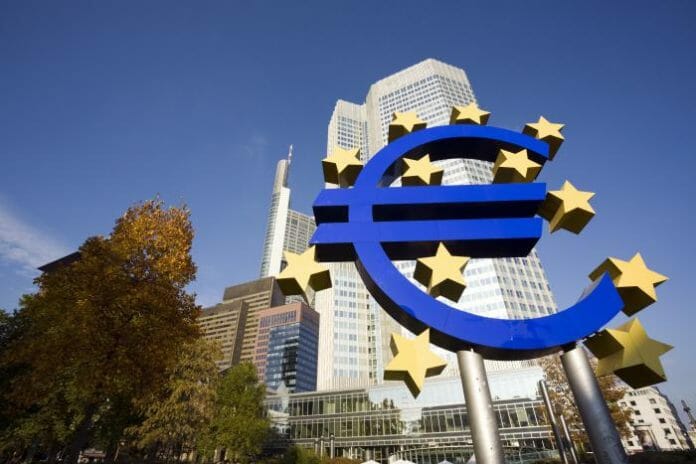Perhaps the most reliable economic forecast one could make in the world at the moment is that Europe is headed for a significant and perhaps long-lasting recession.
This is being driven by the obscene combination of skyrocketing energy and food prices as well as immediate consumer retrenchment in the face of war in Europe. The isolation and sanctions of Russia, both official and being undertaken independently by the private sector are and will continue to generate blowback against European nations’ economies as well.
Should the actual supply of energy and food basics begin to decline further it is difficult to see consumers remaining at all positive about going out and spending.
Recession in Europe is unavoidable.
Understandably and quite appropriately the European Central Bank (ECB) has very likely been involved in ongoing smoothing and provision of liquidity to the Euro market. This is entirely appropriate central bank behaviour given the circumstances.
As with all central bank interventions through history, the advent of major central bank intervention does not necessarily mean a currency such as the Euro will not fall further.
In fact, on occasion, a central bank attempting to hold a line will attract ever greater attention from speculators as well as the fundamental driving forces working against it.
I continue to suspect the ECB has been actively intervening to support the Euro, and this defense of the Euro could fail at any moment.
The Euro is facing capital out-flow pressures as investors seek to afford their funds greater potential security in the US. This is one of the reasons the US stock market has been so strong in recent days.
There are safe-haven flows occurring from European equity markets to US equity markets.
The currency will also be increasingly confronted with a fast increase in US Federal Reserve interest rate settings, while the war in Ukraine disallows any prospect of rate hikes by the ECB.
The European economy is already being savaged by inflationary forces that will only become more intense. A hyper-inflation recession with zero interest rates does not an attractive currency make.
The ECB, if attempting to hold a line, is likely to be forced to back away to a lower price level as the avalanche of selling, corporate hedging, repatriation by US corporations and the fundamental pressures build to a level of severity not seen since the Sovereign Debt Crisis.
It is very likely the Euro will fall through parity to the 0.9700 level to the US dollar. What investors need to know now, is that the dominant risk for the Euro will remain to the downside for many months to come.
Market insights and analysis from Clifford Bennett, Chief Economist at ACY Securities









